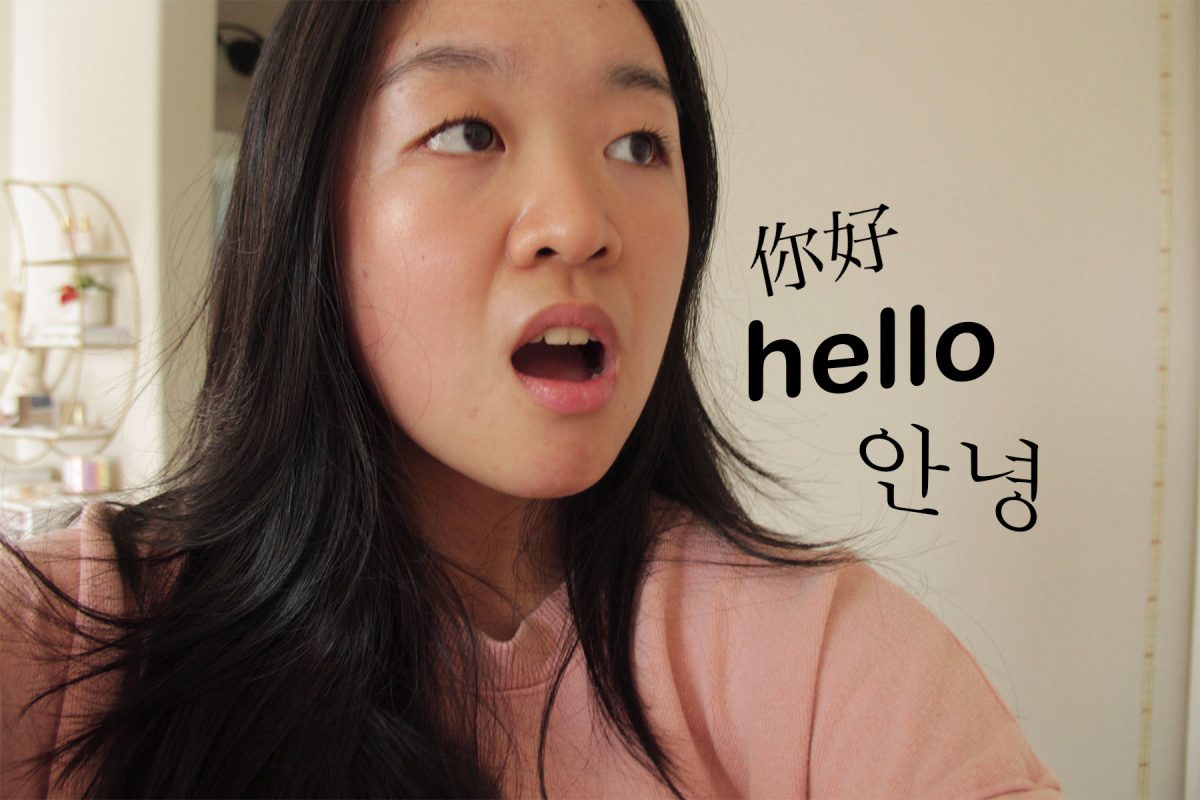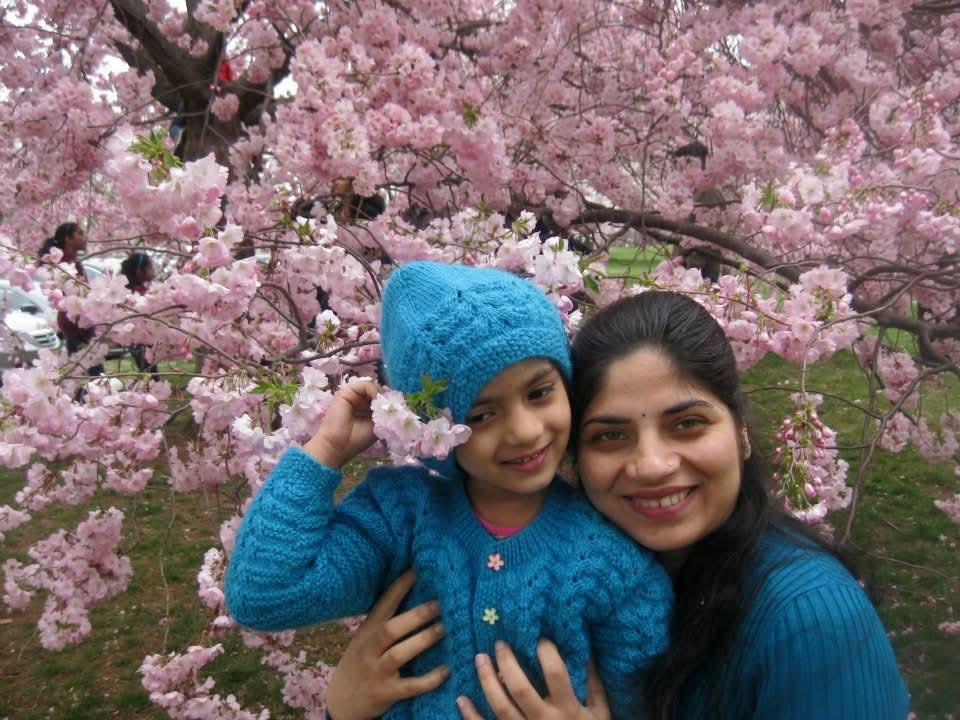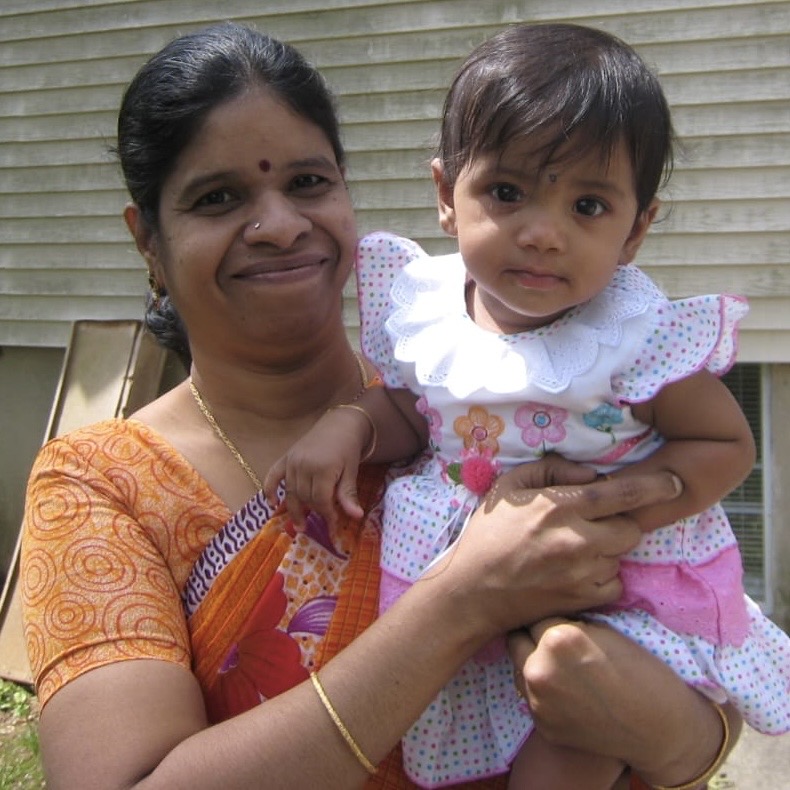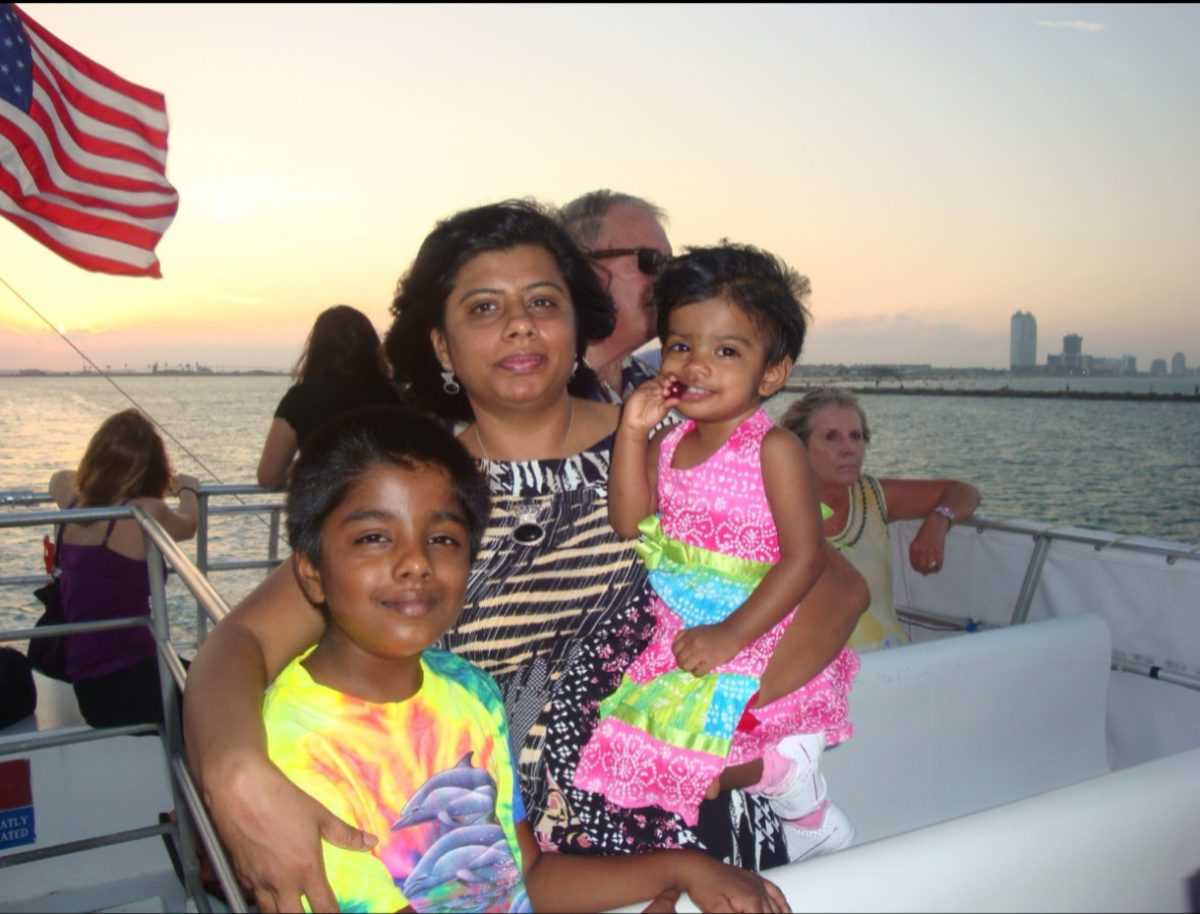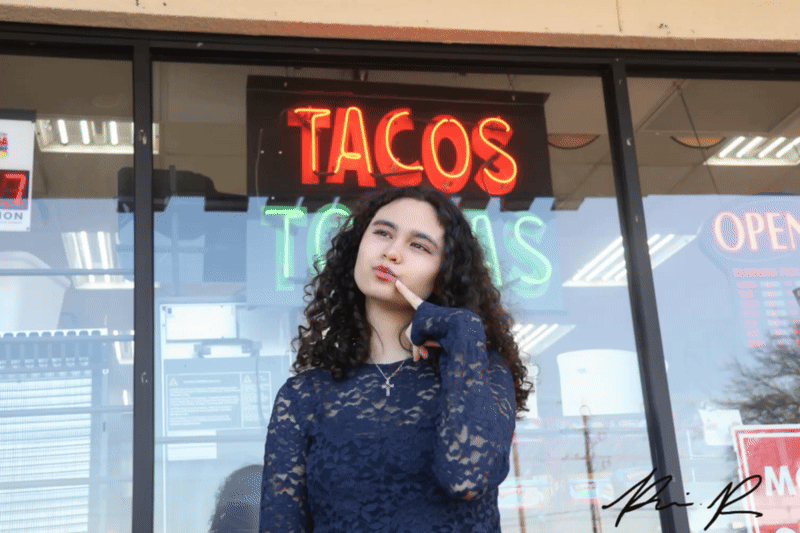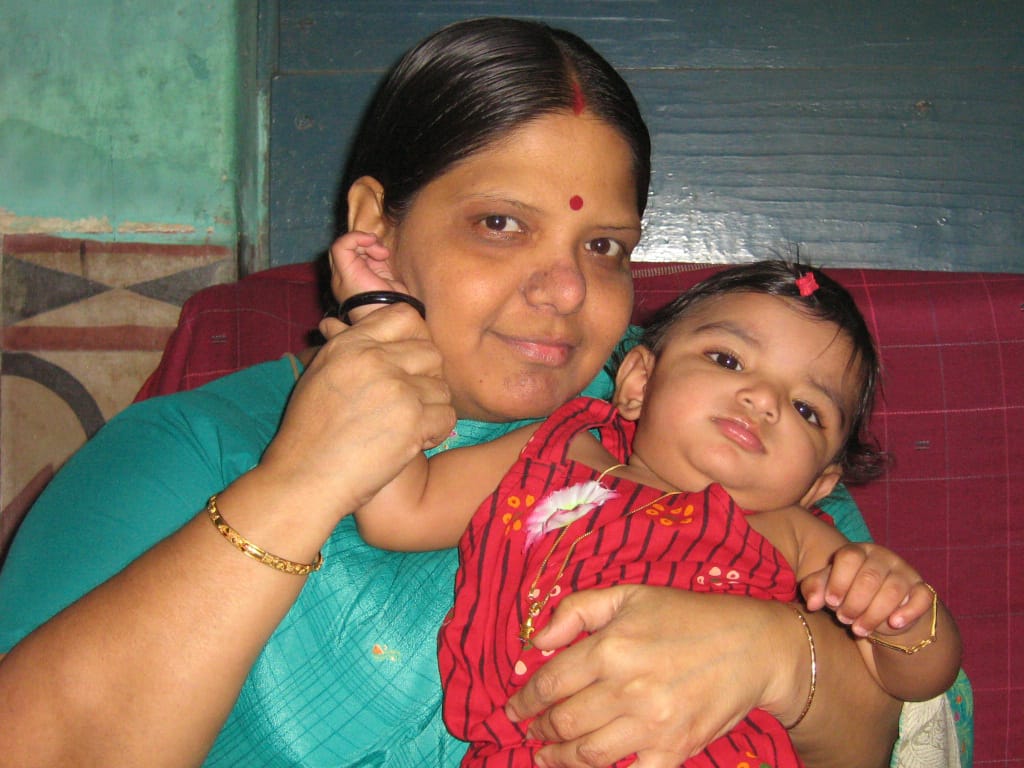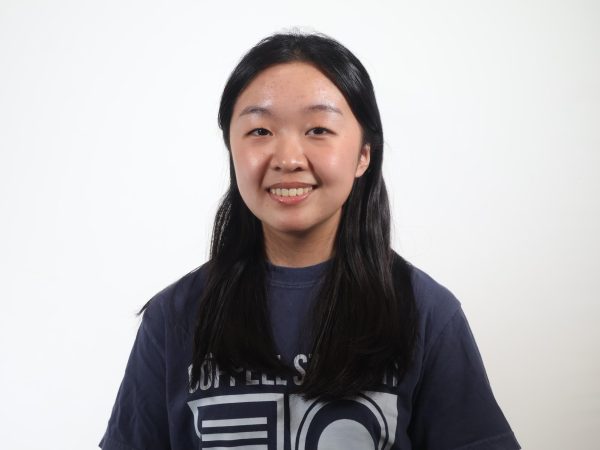Hello? Annyeong? Nǐ hǎo?
I’ve spent my life desperately trying to learn both of my parents’ languages, Korean and Mandarin Chinese. Since my parents’ heritage is from two separate countries, there is not a single shared language in our household, other than English. I hear bits and pieces from both languages, but always feel the need to enhance my multilingual capabilities.
I can fully understand Mandarin and read Korean, but only some of the words. Despite this, my inability to be fluent in either of these languages has weighed me down as I think about all the benefits I would gain if I were fluent in them.
My efforts in building my multilingual skills come from watching my favorite K-drama movie or late-night attempts to talk to my grandparents in Mandarin.
Still, it isn’t enough.
My grandpa once asked me why I took French instead of Mandarin Chinese in high school. I had thought I would be singled out amongst fluent native speakers in class, an assumption I soon realized was false.
I remember all the times I visited my relatives in Korea. I sat in silence, hearing the clamorous laughter in the background in a language I did not fully comprehend. My grandma would ask me a question in Korean, and although I understood most of what she was saying, I could not think of the words to form a sentence.
In Taiwan, it’s a different story. While visiting family, I can listen to the conversations echoing in the living room and translate them into English in my head. When it came to actually speaking, however, my awkward and poor pronunciation of Mandarin never failed me in keeping my mouth shut.
In the streets of Taipei, street vendors and bus drivers would stop and talk to my grandparents. They would comment on my ‘strange appearance’ as I did not look like a ‘true Taiwanese.’
They questioned if I could speak Mandarin, and my grandma responded “no.” This entire summer I had spent in Taiwan gradually led me to believe I was a foreigner.
Although I have my differences culturally and socially, I am constantly reminded that language comes with practice. The interactions with my Taiwanese grandparents have also allowed me to practice my Mandarin, no matter how much I stumble on my words.
Although the several cultures I am immersed in can be quite overwhelming, the diversity I have provides so many different experiences and allows me to participate in multiple traditions and customs.
My Korean heritage allows me to celebrate Chuseok, a holiday similar to Thanksgiving. My Taiwanese heritage allows me to celebrate Chinese New Year.
So, what’s the importance of multilingualism?
Multilingualism should be embraced and celebrated as it is a unique identity. Language should be retained and people should continue learning the language of their culture. This will help preserve their cultural identity even in a different environment or country.
Language and culture are dispersed around Coppell, whether it might be a language class or a club. Students may find comfort in these groups as they communicate with people of the same background and language. They will also find comfort around those with the same heritage and will be able to utilize their ability to speak different languages.
Whether it might be joining the French Club or the Chinese Club, Coppell provides a variety of opportunities to get to know one another through culture.
Though I am not currently in any sort of language club, I do have friends who speak the same languages as me. I plan on building on my communication with them to fully embrace our heritage and the unique language that comes with our culture.
Maybe one day I’ll be able to speak with my relatives in Korean and Mandarin. As of now, I am continuously striving to develop my ability to speak multiple languages and believe that my goals can be accomplished through time. Being deficient in a language does not make you ignorant, but rather, provides a goal to achieve.
Follow @katiegpark and @CHSCampusNews on Twitter



